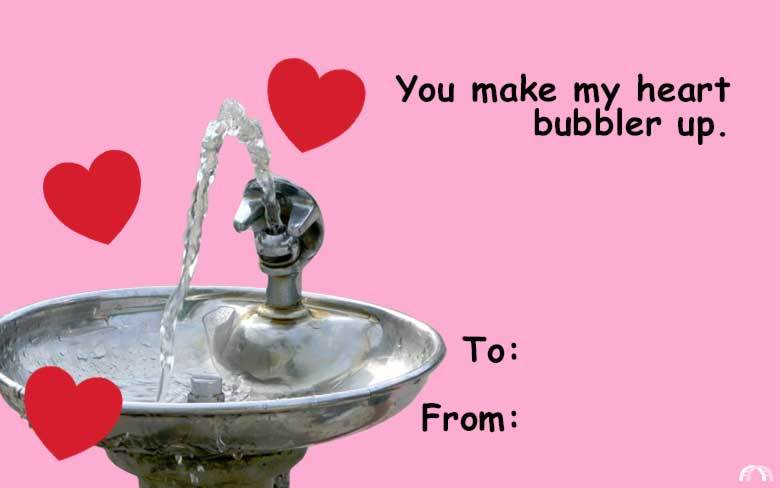So I guess now that U2 is giving away their record on iTunes, we have an officially sanctioned "why buy it when you can get it for free?" attitude, and not just from an impossibly wealthy rock band or some young Internet savvy Torrentheads.
But within the last shoal of middle-aged record buyers. The same people that remember going into their local record store, standing by a listening post, headphones on, listening to the hot band on college radio that month, or someone they'd read about in Creem or Melody Maker.
Whilst touring with the Pierces in Britain, I heard the record company talk about ORM's (Older Restless Males). To put it into more legible vernacular, they were a sizable section of the audience who fancied the girls but simultaneously were conditioned to act out some kind of brand loyalty, usually through CD sales or digital downloads.
I can understand where U2 is coming from, but I can't help thinking they're a step behind what would have been the cool move. To me it seems a bit cynical, like offering a free 8 track to anyone walking past your van parked in the alleyway behind the market. Now that cloud-based technologies have taken over, is there really any point to giving up space on one’s hard drive for an mp3?
Streaming websites like Spotify look like they are on the right track, at least: after a rocky start navigating a profitable business model that effectively remunerates the artist, they now seem to be enlisting the same artists to promote the service.
Within this fledgling medium, there must surely be some scope to recreate "the experience" us old farts speak of so fondly. I keep hearing people tell me that vinyl is back … but really? It's not back, is it? The spike in sales merely demonstrates that people do need "the experience" even if they've never experienced "the experience."
The playlist mentality on streaming websites personalizes the act of listening to music sanctioned by a human being who's personal taste might actually mean something to you, much like the mix tape of old.
So what happened to the physical product, that staple of the record business economy? And how can the artist claw that back?
I don't think I saw a cent of profit from any of the record deals I signed between 1989 and the present; granted, the old model allowed the labels to offer us the advances. But what did it really do apart from relieve us of our day jobs for maybe 18 months until we went crawling back to them with our tails between our legs?
The same technology that has made buying an album a redundant concept has also made producing a record and making a music video or film a hell of a lot cheaper. Creative use of content puts decision making back with the public, who decide if something "goes viral."
Admittedly that can have some disappointing manifestations, but guess what? Mainstream popular music has always been crappy, with a few notable exceptions.
So in the interests of that elusive experience … In observance of getting something for nothing … but mainly just to share some great music with you in the hope you will come see one of their shows and maybe buy a T-shirt and support music in a truly modern sense … I give you my Jonny Cragg OnMilwaukee Playlist. (Follow me on Spotify, there's more where that came from.)
for that playlist:
Jonny Cragg was born in Hythe England on July 18th 1966. Raised and educated in Yorkshire he chose Leeds as his spiritual home. Whilst at school he learned to play the drums, playing in local bands until opting to study Psychology at the University of East London in 1985.
Almost by accident his first job after graduation was back behind the drums for Leeds band The Hollowmen. They recorded four studio albums, signed to Arista Records, and toured extensively throughout Europe. A press trip to New York served to strengthen his resolve to move to the States, and that finally happened in the Spring of 1993. By the following year, Cragg had formed Spacehog with a group of Leeds expatriates in The Lower East Side: The group went onto sell millions of records, and tour the world to great success. He remains active in the group having made four studio albums to date.
Jonny is also a session musician, producer, writer, DJ and educator. His credits include: The Pierces, Supergrass, Edie Brickell, The Utah Saints, David Johansen and Richard Butler and Marty Wilson Piper, HBO, Comedy Central and Nickelodeon.
He has two daughters, Laila and Domino, and lives with his partner in Seattle.




